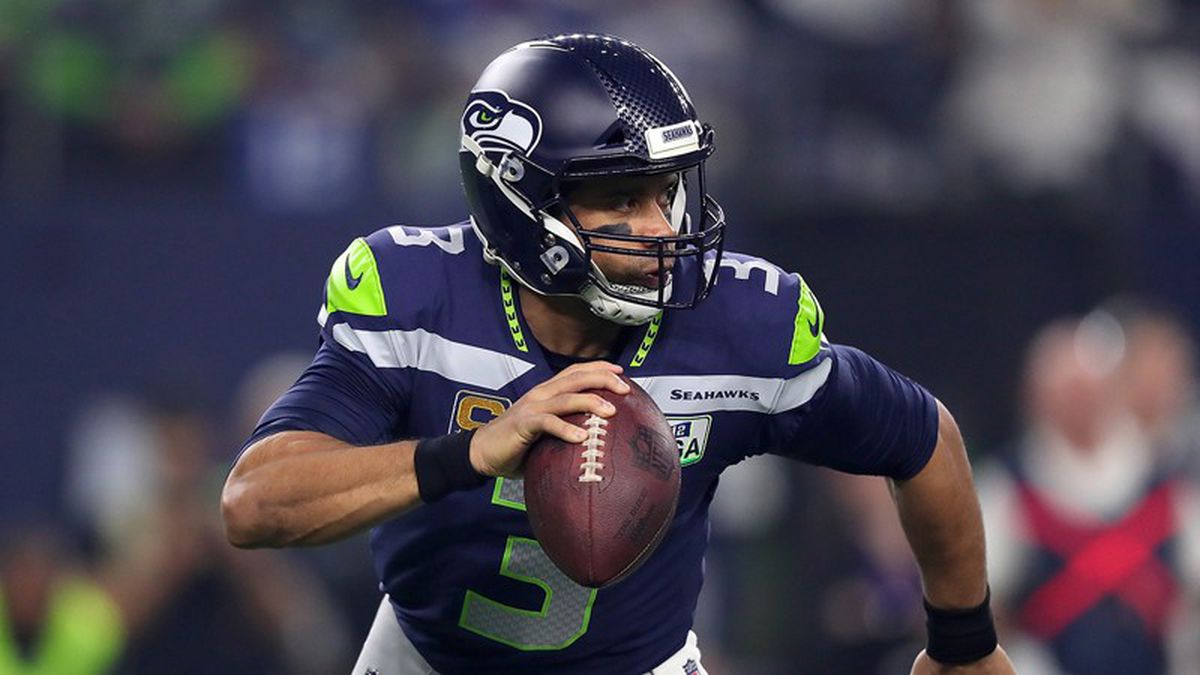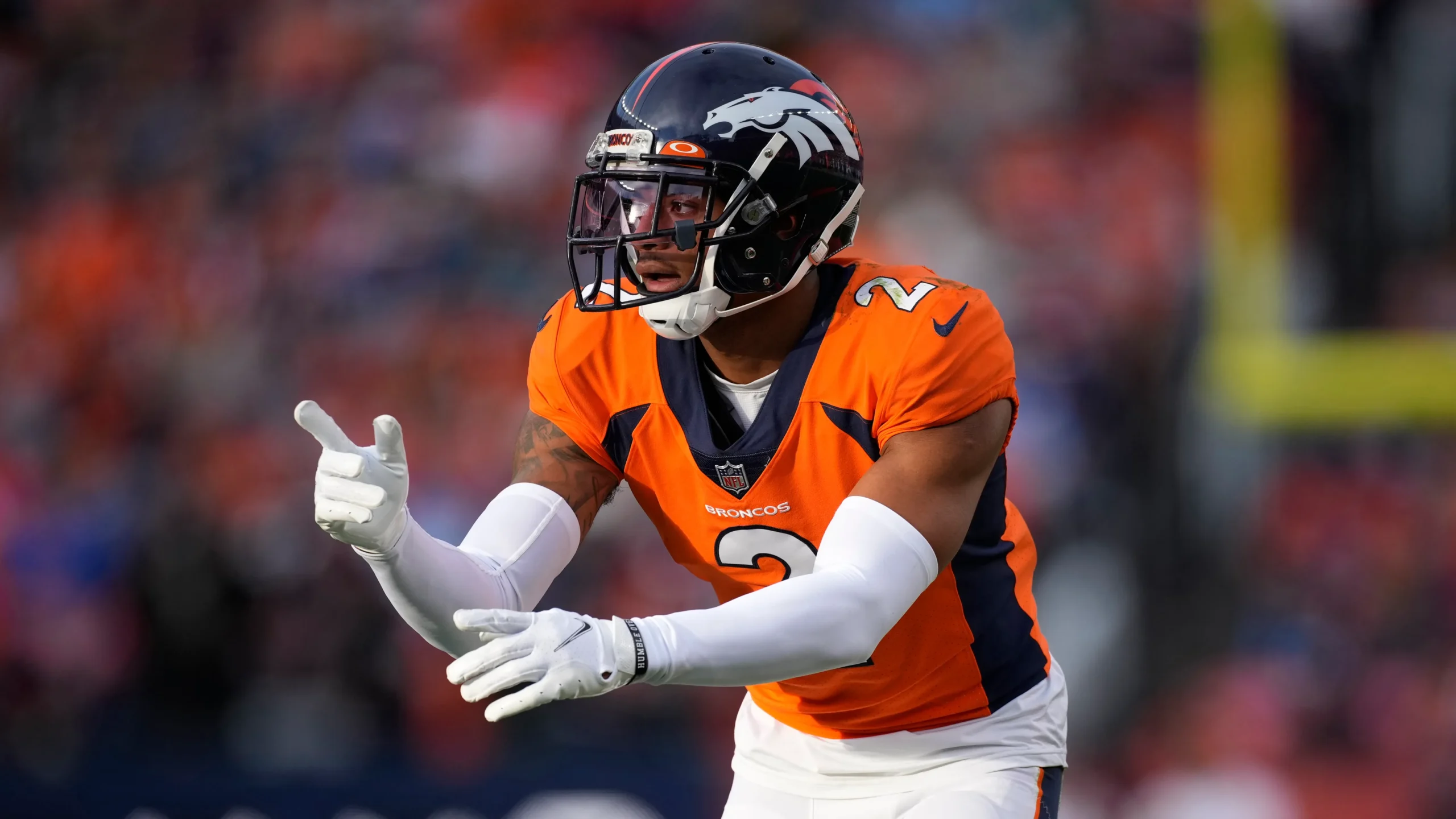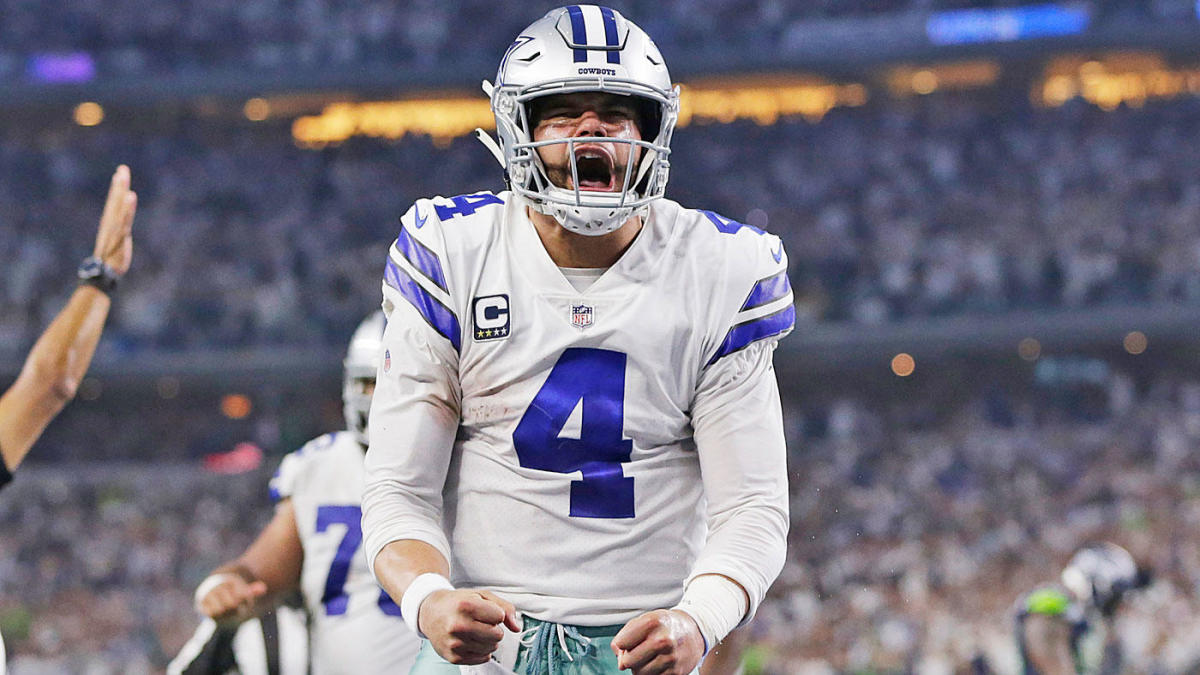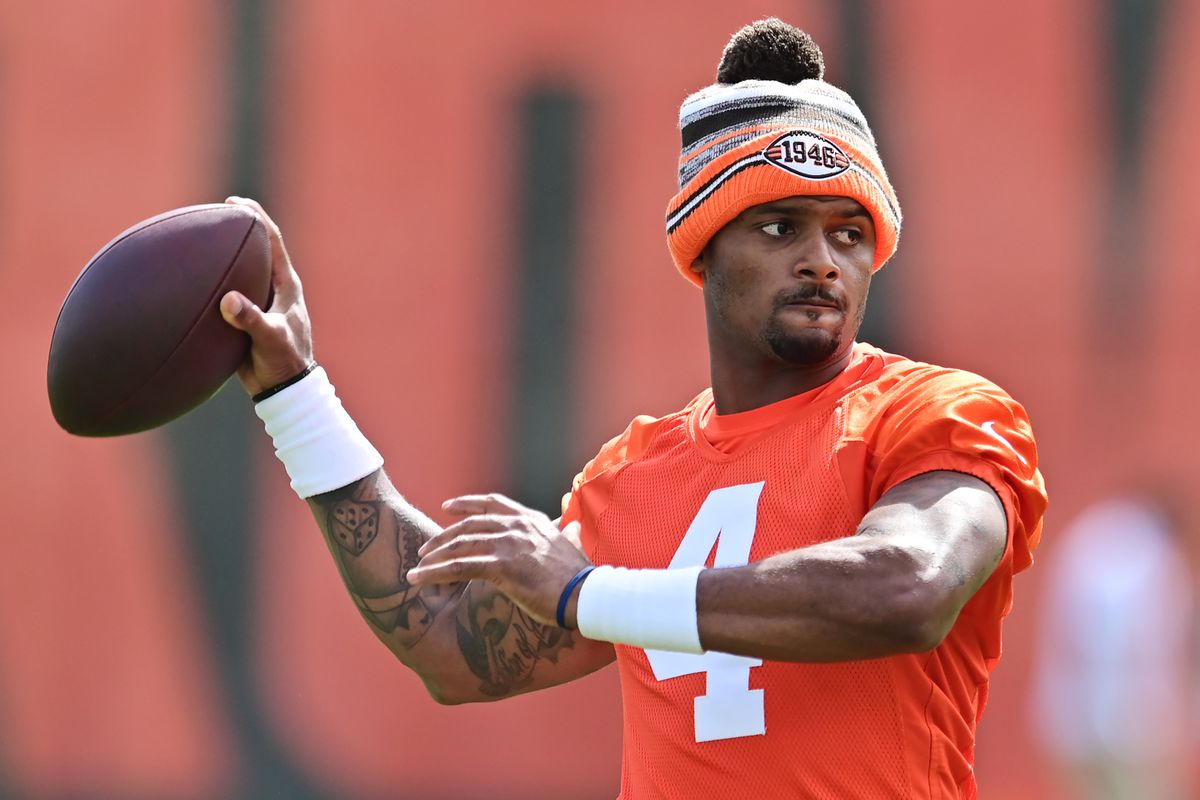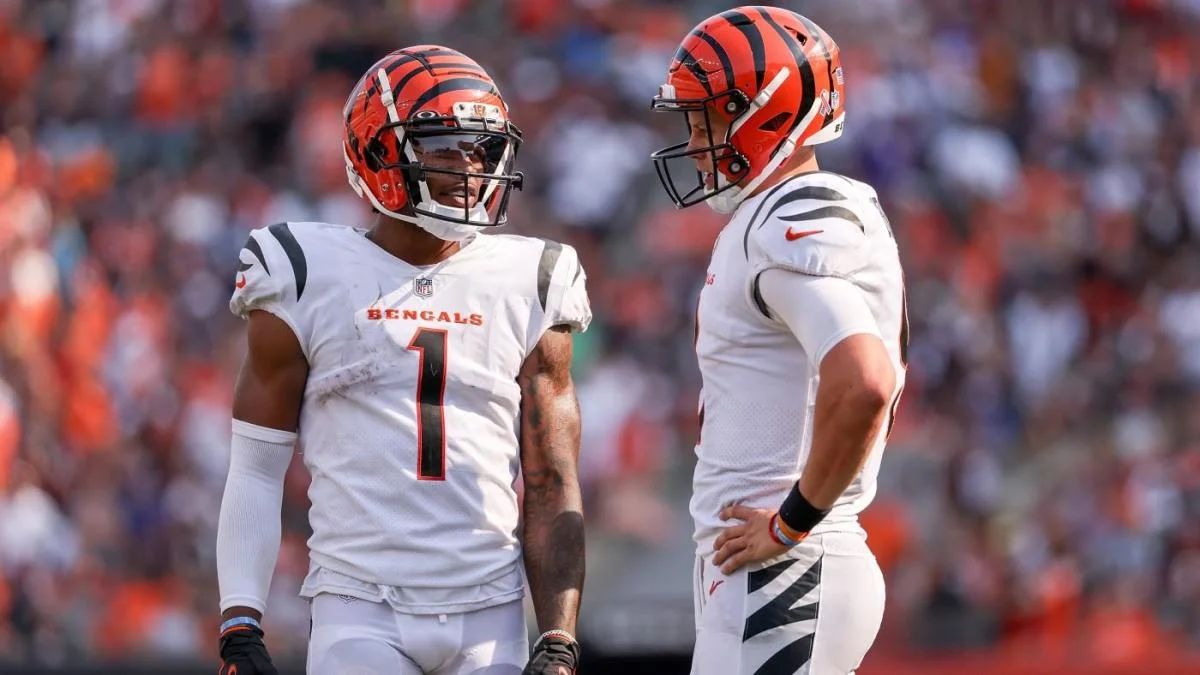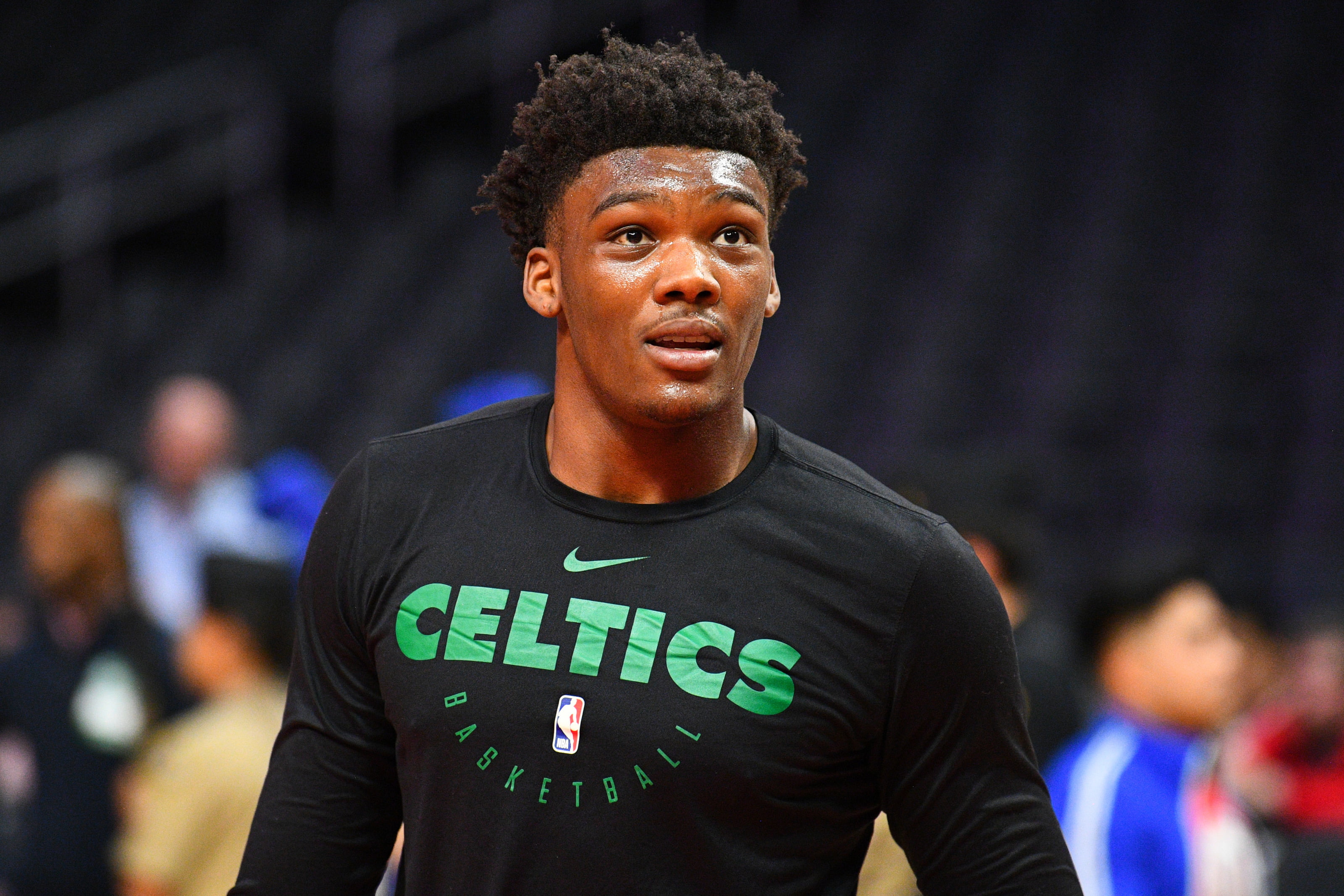Going into the offseason, it seemed Geno Smith’s likely departure was the only uncertainty surrounding the Seattle Seahawks quarterback room. Then last week, the normally reserved Russell Wilson spoke out to the media, expressing his frustration with getting hit too often and his desire for more involvement in the team’s personnel decisions. The Seahawks have since declined to even discuss Russell Wilson trade offers and by all appearances remain committed to their star QB.
Nevertheless, his comments have opened the floodgates of trade rumors and speculation. But let’s be clear right out of the gate: a Russell Wilson trade is not going to happen.
Russell Wilson has been the face of the Seahawks for the better half of a decade and signed a ludicrous contract extension with a no-trade clause just two years ago. Trading him would result in the largest dead cap hit in NFL history, at $39 million, and the team wouldn’t want to risk provoking the wrath of a fan base already frustrated with their recent postseason struggles. Wilson leaving Seattle this year is about as likely as Pete Carroll going for it on a risky fourth down. All that said, if the team were willing to move on, would a beneficial trade even be possible?
For a team with title hopes, it would take a historic offer to make John Schneider consider pulling the trigger. Here are three quarterbacks who could make him pick up the phone, and why he’d ultimately hang up anyway.
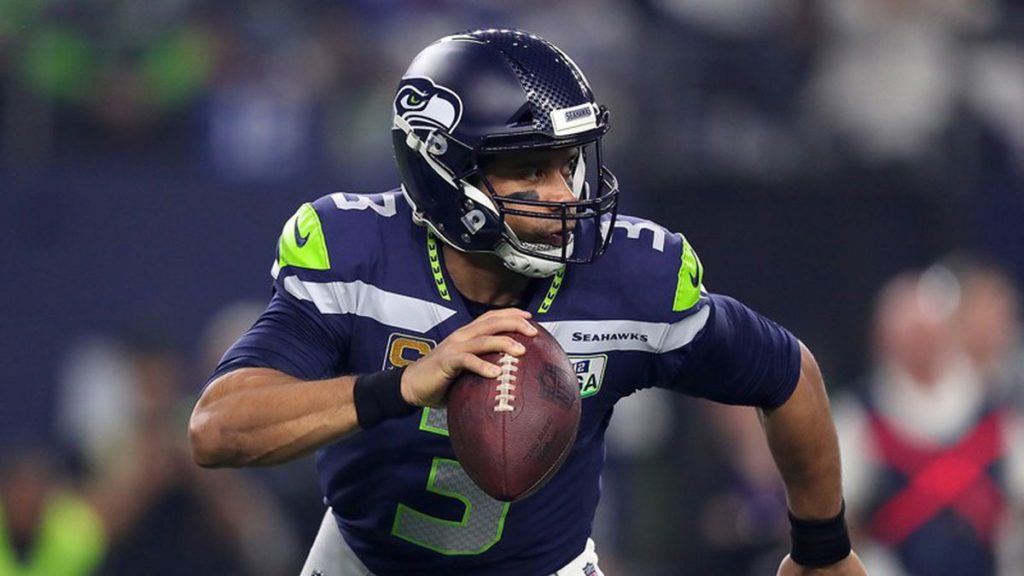
Possible Russell Wilson Trade Targets
Deshaun Watson
On paper, this seems like a fairly reasonable trade. We also know a Deshaun Watson trade appears likely. The teams swap one top-5 QB for another, both get a change of scenery and everyone walks away happy. Watson would jump at the chance to join a team with legitimate title hopes, not to mention getting as far away from Houston as he possibly could. Seattle might also like the idea of getting a quarterback seven years younger without suffering a drop in talent.
The problems here lie in Houston’s end of the bargain. The Texans’ offensive line has been every bit as porous as Seattle’s over the last few seasons. They lack the cap space and draft capital to improve it, meaning Wilson would likely invoke his no-trade clause. Houston might also ask for a draft pick or two considering their age difference, but the Seahawks don’t have many to offer after the Jamal Adams trade. While enticing, there’s no way to structure this trade in a way that leaves all parties satisfied.
Dak Prescott
Many still questioned if Dak Prescott was worth top-end QB money going into the 2020 season. After his record-setting pace through the first four games, the question shifted to who would pay him if Dallas wouldn’t. In a world where Russell Wilson is available, the Seahawks seem like an obvious trade partner. Prescott checks many of the same boxes as Watson: both are younger than Wilson, have similar playstyles and played their best football last season. Dallas would be all over this offer even if they’d have to fork over some extra draft capital to their fellow NFC team, as they would receive a proven championship quarterback on what would be an affordable contract. And unlike with Houston, Wilson would have to strongly consider the chance to join a Cowboys offense with a bevy of weapons and a vaunted line.
From a financial standpoint however, this trade just isn’t feasible. Prescott would have to sign a franchise tag before Dallas could trade him, a figure estimated at $39 million. Assuming the 2021 salary cap won’t rise much higher than its new minimum of $180 million, Seattle will only have about $4 million in cap space to work with. Trading Wilson would clear his salary off the books, but paying his bonuses would result in a $7 million loss. They could free up short-term space with extensions for key pieces like Tyler Lockett and Jamal Adams, but that would make it nearly impossible to extend Prescott, ultimately defeating the purpose of the trade.
Tua Tagovailoa
Last year’s fifth overall pick has surprisingly come up often in trade rumors. Miami is probably just testing the waters, but if Wilson became available, they’d have to make a play for him. The strongest asset they bring to the table is draft capital, with four selections in this year’s top 50. Packaging Tua with a few picks for Wilson instantly elevates them from wild card threat to title contender. They’d still have plenty left over to continue developing the rest of their roster. Wilson might have reservations about the Dolphins’ lack of weapons compared to Seattle, but he’d enjoy the protection of an offensive line that allowed the league’s second-lowest pressure rate of 14.7% with Tua under center (Wilson’s was nearly double that at 27.5%).
While this trade is more viable than the previous two, there is a lot more risk involved. If the Seahawks were to trade Russell Wilson, they’d want a star in return to maximize their closing championship window. After Tua’s rookie year, there are questions about if he’ll ever reach that level. While he showed flashes of promise, he also got benched twice for Ryan Fitzpatrick. His three-interception performance in Week 17 with the playoffs on the line didn’t exactly inspire confidence either. Getting a quarterback on a rookie contract could appeal to Seattle as it would free up space for extensions, but if Tua never reaches his full potential, the team could be forced into a disaster scenario of having to rebuild shortly after handing out big money to several players.
Even in an unrealistic timeline where the Seahawks wanted to trade Russell Wilson, it wouldn’t happen. Seattle’s best move going forward is to invest heavily in the offensive line and keep Wilson’s favorite targets in town. Still, what fun would talking about sports be if we couldn’t spend time on “what ifs?“

